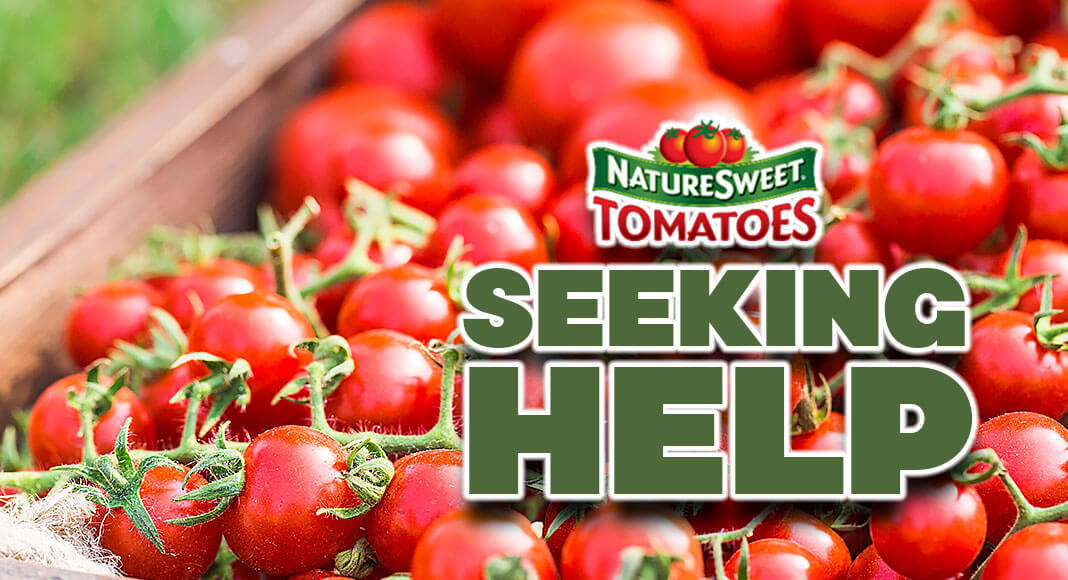
Texas Border Business
NatureSweet has submitted a request to the Department of Commerce for a “Changed Circumstance Review,” which would release certain greenhouse-grown specialty tomatoes from coverage under the 2019 Suspension Agreement on Fresh Tomatoes from Mexico.
“Our mission is to transform the lives of agricultural workers in North America,” said NatureSweet’s General Counsel Skip Hulett. “Constant threats of prohibitive duties on products the Suspension Agreement was not intended to impact, create instability in the market and significant uncertainty for workers across the supply chain. Government policies and practices that unwittingly or purposefully hurt the specialty tomato industry hurt agricultural workers.”
NatureSweet’s specialty tomatoes do not belong in the same market category as “commodity” tomatoes. Economic research shows that NatureSweet’s tomatoes occupy a different economic market than rounds and romas and are NOT considered competitors in the minds of consumers. NatureSweet innovates new products and growing methods and has developed new ways of marketing tomatoes. Their products, growing methods and ways of doing business are fundamentally different from those of traditional US growers who have resisted in investing in greenhouse technology and other innovative techniques.
Specialty tomatoes have a positive impact on the U.S. economy and imports of greenhouse-grown specialty tomatoes are not contributing to any injury experienced by U.S. growers. These greenhouse-grown specialty tomatoes contribute to positive outcomes that enhance U.S. food security while filling a void in consumer demand at prices well-above any other imported tomatoes. Simply put — these tomatoes are not competing with U.S.-grown tomatoes.
The United States has experienced unprecedented supply chain disruptions and levels of food insecurity as a result of the COVID-19 pandemic. Without greater certainty throughout the supply chain, the United States is at risk for continued disruptions. The challenges experienced during this pandemic highlight the importance of secure, stable, sustainable food supply chains, bolstered by strong trade relationships. Greenhouse-grown specialty tomatoes do not belong in the Suspension Agreement and never have.















